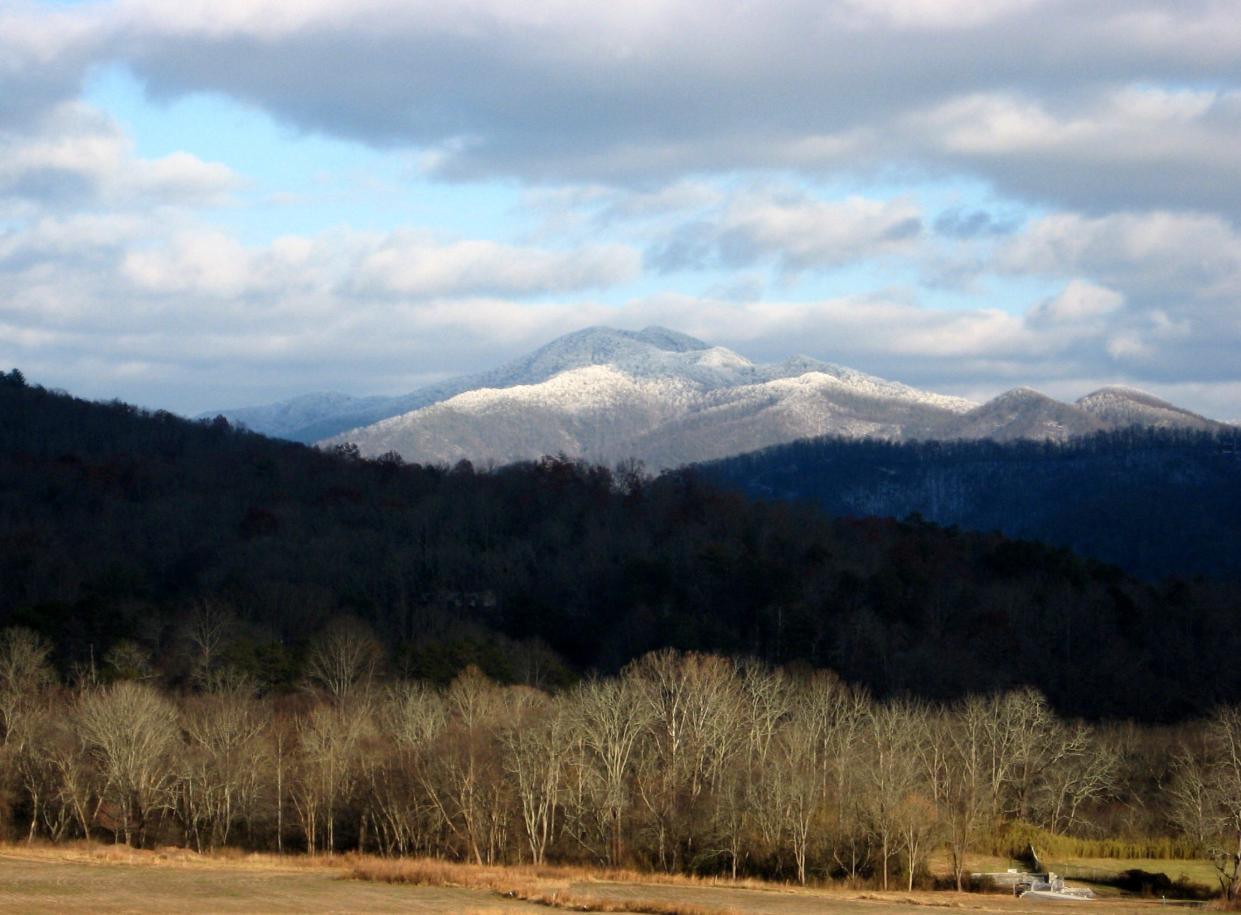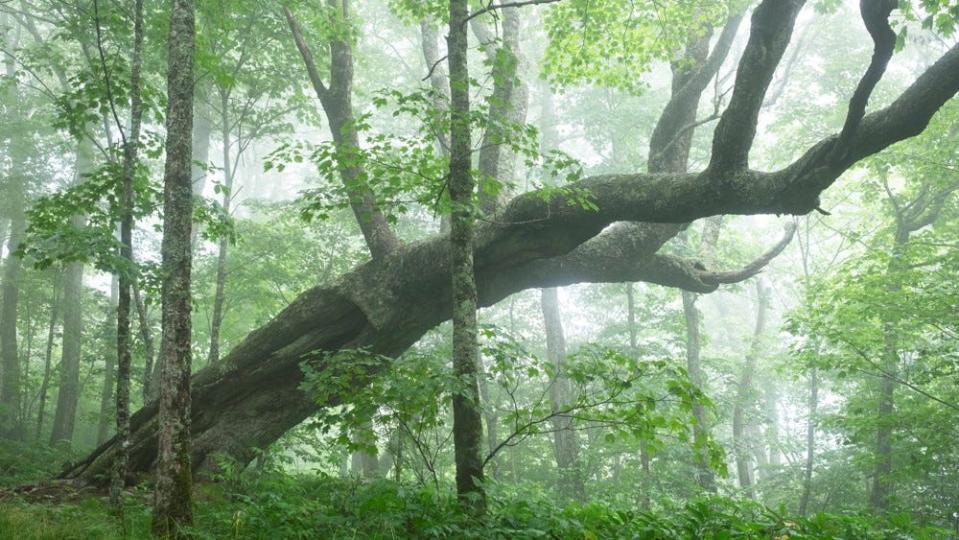Pisgah, Nantahala plan done: Forest service still seeking feedback, logging fears remain

ASHEVILLE - The long-awaited approved final version of a plan that will define the future for a huge swath of Western North Carolina forests is not good news for conservation advocates, but it’s also not a surprise.
The U.S. Forest Service Feb. 17 announced the revised version of a management plan for the Nantahala and Pisgah forests has been finalized and is live on its website.
The 361-page plan “is a framework to address incredibly complex challenges like climate change and invasive species, impacts from development on adjacent private lands, and high levels of visitor use,” according to James Melonas, forest supervisor of the National Forests in North Carolina.
Previous coverage:
Asheville protesters urge US Forest Service to decrease logging in Pisgah National Forest
Final Nantahala and Pisgah forest plan charts course for recreation, timber, climate change
Nantahala, Pisgah plan: Only about 5% of almost 14,000 objectors eligible, says Forest Service
The Forest Service in a news release noted the working relationships it had with “representatives of other agencies, local government, tribes, partner and collaborative groups and individuals to consider the best available science and various approaches to managing the forests.”
Several maps posted in one of the plan's appendices show exactly how the Forest Service is visualizing its work, which is set to last 30 years.
Those maps are available with the online version of this article at citizentimes.com.
U.S. Forest Service Pisgah and Nantahala Land Management Maps by Andrew Jones on Scribd
Download these maps here.
Melonas in an interview with the Citizen Times said that the plan will be executed with stakeholders in mind. "A lot of the work that we've done (is) in developing relationships over these years and we're excited to be able to take that forward into really implementing the plan," he said.
There will be community meetings and notices going out "when we're actually proposing a project" Melonas said. "The plan provides a framework and guidance, guidelines and standards by which we work within, but then we have the flexibility to address those challenges that we might face in the future."
He is particularly excited about collaboration with the Eastern Band of Cherokee Indians. After an agreement established in the fall of 2022 the Forest Service has what Melonas called a "framework" to work with the tribe on projects like "oak restoration, which for basketmaking, for prescribed fire, for watershed restoration work and other other work that's important on their ancestral lands."
More:Eastern Band of Cherokee council OKs NC legislature talks on medical marijuana market
'Heartbroken'
But many organizations advocating for a plan more oriented toward conservation, especially of old-growth forests, are condemning the plan and say they offered what they saw as opportunities for consensus but were ignored by the Forest Service.

A news release from the Southern Environmental Law Center said the plan “fails” to fix flaws and “recklessly” puts areas of the forests at risk of logging and roadbuilding.
“Despite receiving more than 14,000 objections to the final Forest Plan, the Forest Service failed to make needed corrections,” the release stated. “The plan dramatically expands the amount of logging in these forests and fails to protect more than 100,000 acres of old-growth forests, habitat for rare species, and roadless backcountry. The plan also ignores the role of these forests – and their ability to store massive amounts of carbon – in the fight against climate change.”
Leaders and scientists with organizations including Mountain True, Sierra Club, The Wilderness Society and Defenders of Wildlife said the plan ignored objections from thousands across the WNC region and now threatens the forests’ futures.
"I'm feeling heartbroken," said Barnardsville scientist with the Center for Biological Diversity Will Harlan said. "The Forest Service just flat out refused to listen to the public and consider easy win-win solutions that were widely supported. And instead it's pursuing its own hyper-aggressive logging agenda that sentences the forest to decades of conflict, litigation and community resistance."
Harlan said communities still discontent with the decision will "use every tool possible" including "public engagement, community involvement (and) litigation" to push back against what the plan could do to forests.
"That includes the local communities, fighting for the forests themselves," he said. "They're already preparing to put their bodies on the line planning direct action trainings. Their forests are targeted. They're going to stand up and fight for them."
Andrew Jones is an investigative reporter for the Asheville Citizen Times, part of the USA TODAY Network. Reach him at @arjonesreports on Facebook and Twitter, 828-226-6203 or [email protected]. Please help support this type of journalism with a subscription to the Citizen Times.
This article originally appeared on Asheville Citizen Times: Pisgah, Nantahala forest plan out: conservation groups say it 'fails'
